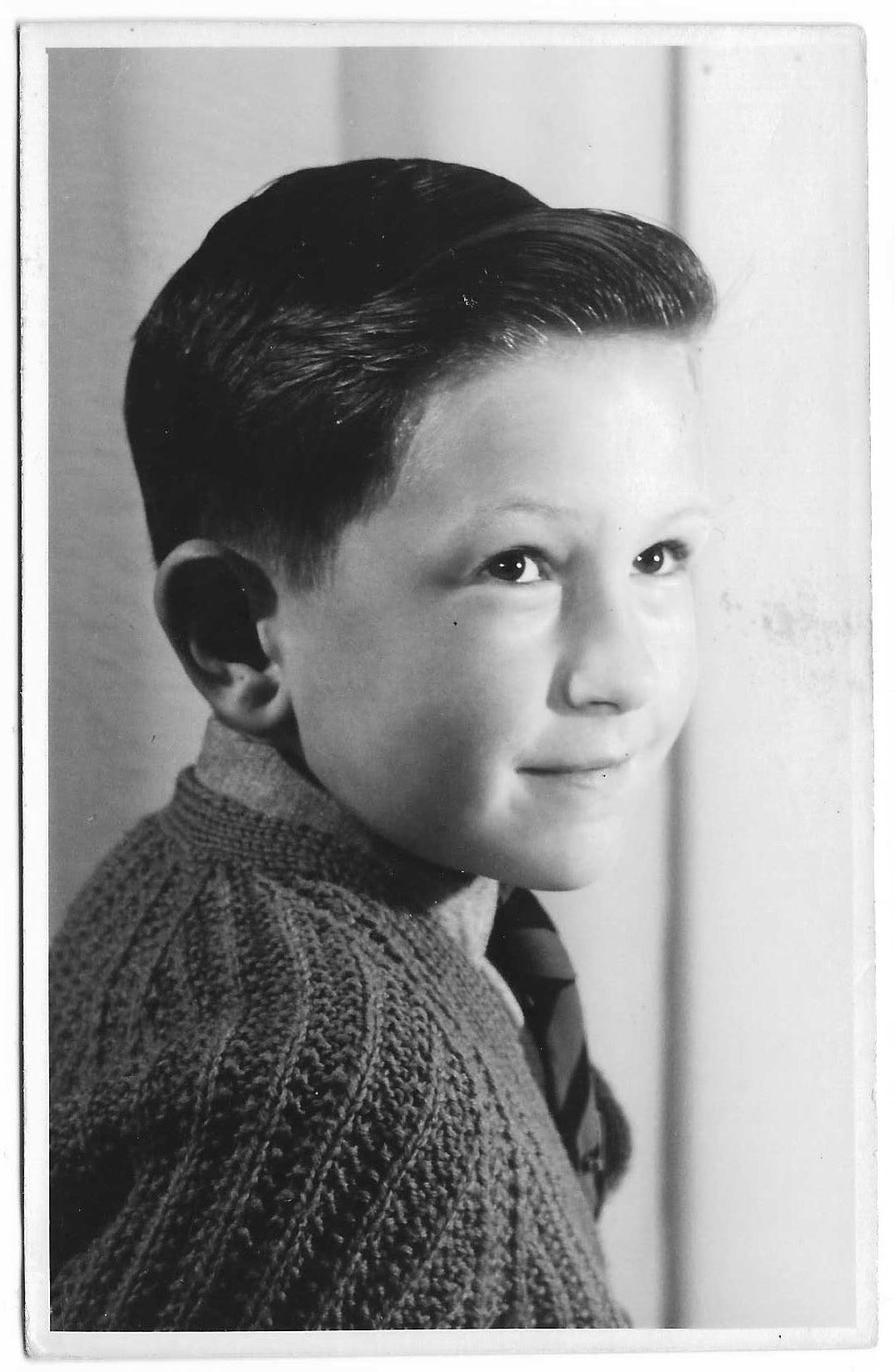When who you were is not who you have become...
Examining the evidence for the person I once was.
Going through my late parents’ effects earlier this year I came across a number of reports from my schooldays. Back then, teachers used to fill-out comment slips: one per child, per subject, per term. Parents were presented with little booklets three times a year (though I’m sure some of these might have been ‘lost in transit’ when entrusted to the less ‘conscientious’ student to deliver…)
I have excavated some of these reports. Whilst I know that they more or less reflect the person I was then — indeed, I recognise some of the explicit references even now! — it transpires that they didn’t necessarily deliver as indications of the person I would eventually become. Maybe they never could have. They are fictions of their own, perhaps.
Take the reports and build an Identikit image of the adult who would emerge and I’m pretty sure you wouldn’t find yourself knocking on my door. Repeat the exercise for each and every one of us — those college yearbooks, perhaps! — and I wonder how many of us would have turned into “the boy/girl most likely to…”
So, some personal highlights (with grades); this ‘batch’ is from when I was studying for O-levels (c. 15 years old):
“shows good potential and readily grasps new concepts” - Chemistry, A
“is capable of a higher standard” - English Literature, C
“shows interest and works quite well” - History, C+
“a very keen and thoughtful worker” - Physics, B
“contributes thoughtfully to discussions” - Social Studies, C
“must endeavour to improve his spelling” - English Language, C+
“must read the books he has been given and make use of libraries to really do himself justice” - History, C
“I have seen so little, either of Ian or of his written work that I find it hard to give a fair assessment” - Applied Maths, C (this was during a difficult period domestically when my school attendance was probably only about 60%-70%)
“reasonably able in this subject, but his frequent absence from school means that his work has not improved as much as one might have expected” - English Language & Literature, C+
“works well when he is in school” - French, C
The English grades are abysmal. Hardly points to someone who was destined to become a writer!
I left school at 16, spent two years trying jobs/careers in Electrical Engineering (reflecting my ‘strongest’ scholastic subjects), then realised I had unfinished business academically. So I went back to college to study A-levels; the subjects would all be of my choosing. If ever there was an advertisement for the power of coming to your own decisions and then backing those — rather than just follow the academic ‘cookie-cutter route’ — consider the tenor of my reports from those two years of study when I was 18/19:
“works extremely hard with undoubted intelligence and enthusiasm. His written work reaches a very high standard indeed. He is a very competent poet in his own right.” - English Literature
“work of a consistently high standard” - Maths
“has brought to the subject a clear analytical mind” - Economics
“expresses himself in a mature style” - English Literature
What a difference two years made! They led to university and an English degree (which, by the way, was a subject my O-level school wasn’t prepared to let me carry on with…)
I have always felt that you can never truly know what you should do with your life when you’re at school — just as there’s little point in teaching Shakespeare to thirteen-year-olds; how can they possibly appreciate it? But that’s my experience talking I suppose. In both cases.
I also believe that you can never really write anything truly worthwhile until you have a breadth and depth of living (though unfortunately turning out trash in your twenties based on a few affairs, some casual drug use, and adherence to a genre formula seems to work commercially). I used to tell myself I wouldn’t write anything ‘good’ until I was 42. I was very explicit about the age! Broadly, I think that still holds true — which is one of the reasons I think it’s regrettable that, if you’re over 40, by and large the publishing industry isn’t interested in taking you on as a ‘new’ writer.
So what’s the message in all this?
I guess it’s that the adult doesn’t have to be the child writ large — or how you are as a child doesn’t define how you must be as an adult.
That there are fundamental choices to be made along the way, choices which can alter your course.
And that you are more likely to be successful if you’re following a path you have set yourself rather than one imposed on you from outside.
All ‘motherhood and apple pie’ I suppose — but that doesn’t make it any the less true…





Lovely piece! I'd argue that you always at your core were you, but apparently, no one in your orbit knew enough to ask the right questions to help you express yourself. Seems like your later experiences gave you more of that for motivation.
I find it interesting that the publishing industry chases after the young guns, yet unless such guns have had really unusual backgrounds, perhaps tempered by a touch of hardship or privation, and/or are of such exceptional intellect and discipline with the nous to see beyond their immediate needs and creature comforts, they have little to say - while those who are seasoned, who have drunk deep, who have insight, and who otherwise have been around, are ignored.